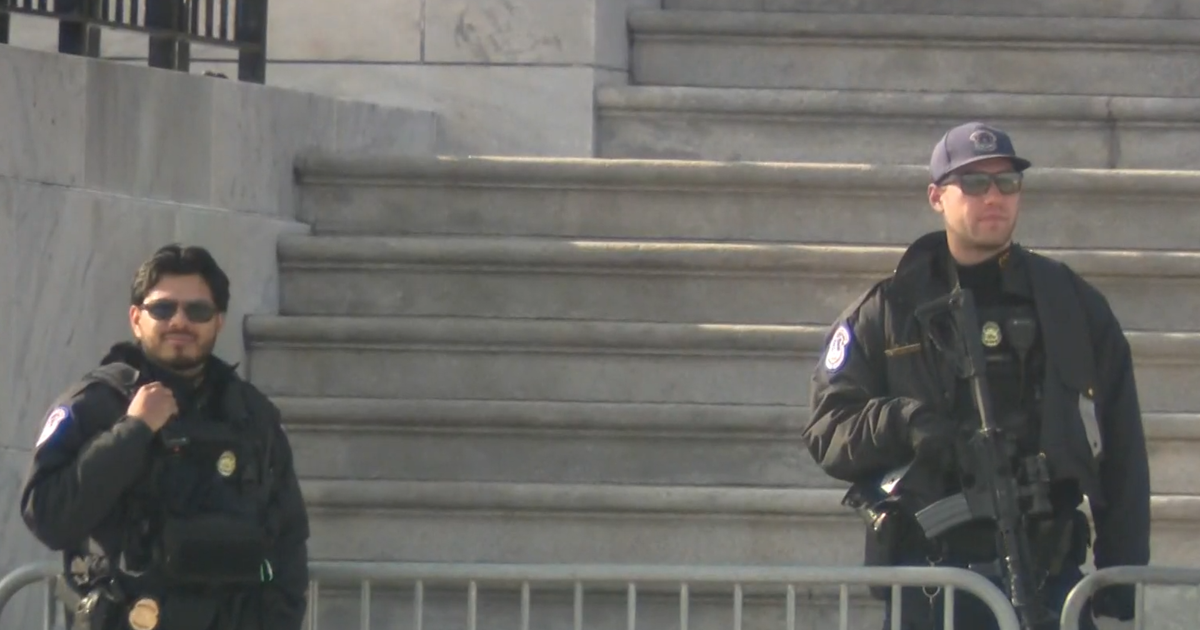Smithsonian Secretary Lonnie Bunch: "This is a moment that really needs to be a tipping point"
Nationwide protests over the death of George Floyd have entered their seventh straight day. On Monday, "CBS Evening News" anchor and managing editor Norah O'Donnell spoke with Lonnie Bunch, the first African American to serve as secretary of the Smithsonian Institution and the founding Director of the National Museum of African American History and Culture. Bunch discussed the ongoing unrest throughout the country.
Lonnie Bunch: The protest is always the way those who are voiceless speak. And so, I've always thought that protests, in some ways, is the highest form of patriotism, because you're really trying to make a country better.
Norah O'Donnell: What about the violence connected with these protests?
I also understand that there's frustration. What I think we want to make sure is that these protests keep focused on what this is about. It's about honoring George Floyd. It's about making sure this country realizes that this is the moment it can change itself.
What do you think history teaches us about this moment we're in?
You know, I keep hearing the words of Ella Baker every day, when she said, "Until the killing of a black mother's son is considered as important to this country as the killing of a white mother's son, we who believe in freedom cannot rest." So, it tells me this is a time for us not to rest. For a time to realize that history suggests that this is part of a long arc.
The arc of history bends towards justice. But it bends slowly.
It bends towards justice slowly. And the challenge for us is to recognize that this is a moment that really needs to be a tipping point.
Sunday was the 99th anniversary of the deadliest race massacre in American history. Tulsa, Oklahoma.
If you look back in history, you will find these moments of real pain. You'll see riots in New Orleans during reconstruction. You see the destruction of the black downtown in the Tulsa riots. You will see the riots in Harlem in the 1940s. So therefore, this is not new.
And the fact the loss of life, unfortunately, you see so many people who have in some ways had their last breath taken by the lynch rope, by the bullet and now the knee. My concern is that, as a black man, I'm lucky. I'm still breathing. But as a black man in America, I wonder for how long.



